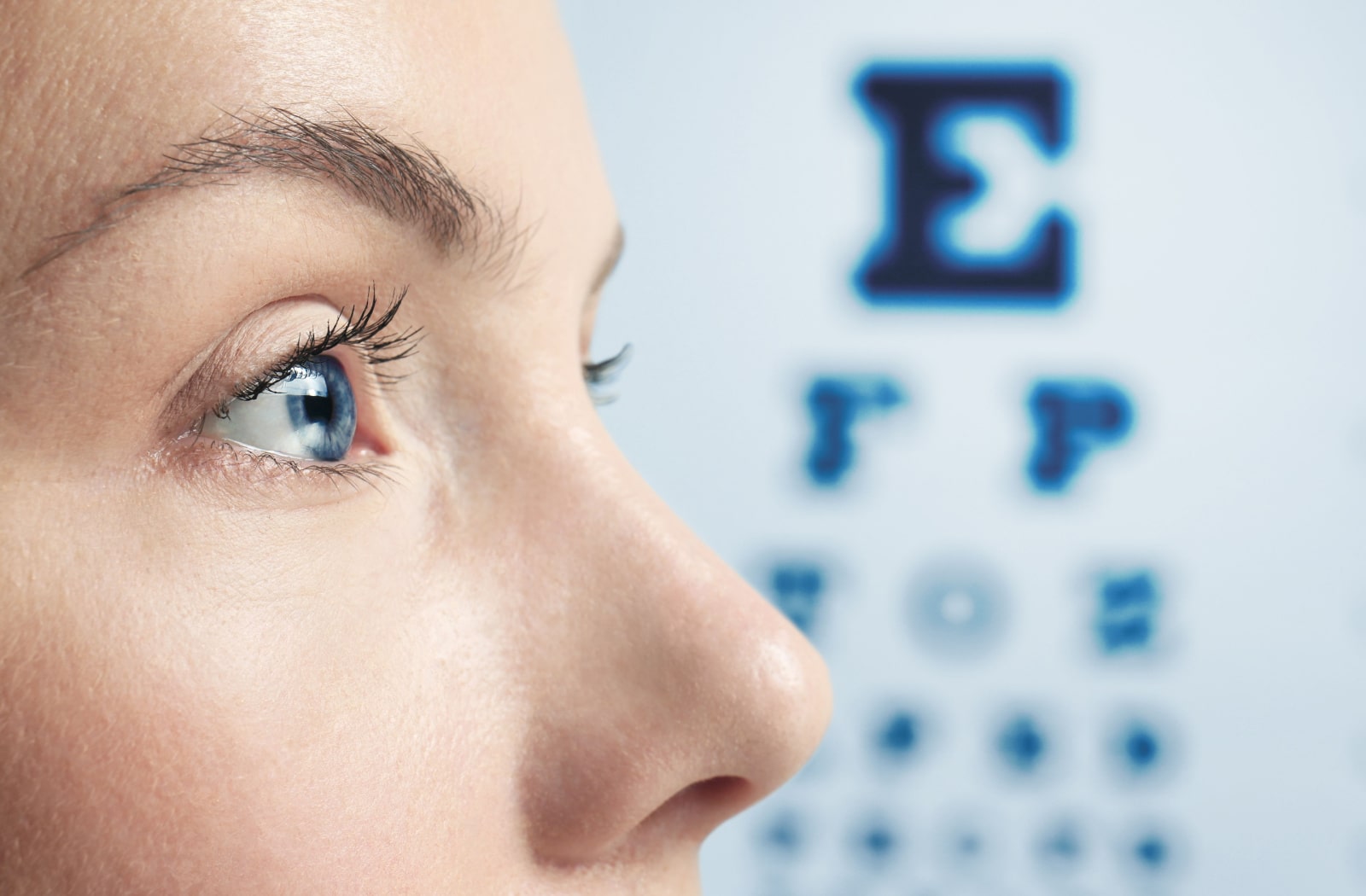All Categories
Featured
Table of Contents
Maintaining optimal eye health and wellness is necessary for a premium quality of life, and normal eye tests are a vital part of that maintenance. Vision changes can occur at any type of age, making it important to customize eye care suggestions to different life phases. Right here's a guide on exactly how frequently eye exams must be scheduled for different age groups to ensure the very best possible eye health.
Throughout this see, eye treatment specialists assess visual skill and check for any type of developmental concerns. If no issues are kept in mind, the next eye exam ought to occur prior to the youngster enters school, normally around ages 5 or 6.
Parents need to remain vigilant for indications of vision problems, such as scrunching up your eyes, trouble focusing on the blackboard, or suffering headaches. If any one of these symptoms develop, it's crucial to set up an examination right away. Regular evaluations make sure that youngsters can perform well academically and take part totally in tasks like sporting activities.
![]()
Throughout young their adult years, people generally experience fewer significant modifications in vision, but routine eye exams continue to be vital. Youthful grownups need to have comprehensive eye examinations every 2 years. Those with risk factors, such as a family members background of eye condition, diabetic issues, or frequent contact lens use, might require yearly check-ups.
Young grownups are often subjected to electronic eye strain because of prolonged use smartphones and computer systems. Symptoms like dryness, tiredness, and obscured vision may arise from excessive screen time. If these signs continue, speaking with an eye treatment specialist can result in individualized services, such as computer glasses or recommendations for way of life adjustments.
For individuals with underlying health conditions, such as hypertension or diabetic issues, even more frequent exams might be needed. Routine tracking is vital for taking care of these problems and guaranteeing that any kind of possible eye health and wellness problems are dealt with immediately.
Senior citizens might likewise experience changes in their capability to see in low light or differences in shade assumption. Regular examinations allow eye treatment specialists to keep track of these adjustments and provide appropriate treatments, ensuring elders keep their freedom and lifestyle.
Newborns and Toddlers (0-2 Years)
Eye wellness starts at birth. The American Academy of Pediatric medicine recommends that babies have their first thorough eye examination at around 6 months of age.Throughout this see, eye treatment specialists assess visual skill and check for any type of developmental concerns. If no issues are kept in mind, the next eye exam ought to occur prior to the youngster enters school, normally around ages 5 or 6.
Preschool and School-Aged Kid (3-18 Years)
Youngsters ages three to 18 ought to undergo normal eye examinations every one to 2 years. Institutions typically perform standard vision screenings, these do not replace extensive examinations carried out by eye care specialists. An extensive eye test evaluates not just aesthetic skill but also eye sychronisation, tracking abilities, and general eye wellness.Parents need to remain vigilant for indications of vision problems, such as scrunching up your eyes, trouble focusing on the blackboard, or suffering headaches. If any one of these symptoms develop, it's crucial to set up an examination right away. Regular evaluations make sure that youngsters can perform well academically and take part totally in tasks like sporting activities.
Youthful Grownups (19-39 Years)

Throughout young their adult years, people generally experience fewer significant modifications in vision, but routine eye exams continue to be vital. Youthful grownups need to have comprehensive eye examinations every 2 years. Those with risk factors, such as a family members background of eye condition, diabetic issues, or frequent contact lens use, might require yearly check-ups.
Young grownups are often subjected to electronic eye strain because of prolonged use smartphones and computer systems. Symptoms like dryness, tiredness, and obscured vision may arise from excessive screen time. If these signs continue, speaking with an eye treatment specialist can result in individualized services, such as computer glasses or recommendations for way of life adjustments.
Grownups (40-64 Years)
Getting in center age produces more recognizable adjustments in vision, specifically the start of presbyopia, which impacts the capacity to concentrate on close objects. Grownups aged 40 to 64 ought to have eye examinations every one to 2 years. This age is likewise at a higher risk for establishing problems such as glaucoma, cataracts, and age-related macular degeneration.For individuals with underlying health conditions, such as hypertension or diabetic issues, even more frequent exams might be needed. Routine tracking is vital for taking care of these problems and guaranteeing that any kind of possible eye health and wellness problems are dealt with immediately.
Senior Citizens (65 Years and Older)
For seniors, the demand for regular eye tests becomes a lot more vital due to an enhanced danger of age-related eye diseases. It is usually suggested that individuals matured 65 and older have an eye test at the very least annually. Early detection of conditions like cataracts, glaucoma, and macular degeneration is essential for protecting against vision loss.Senior citizens might likewise experience changes in their capability to see in low light or differences in shade assumption. Regular examinations allow eye treatment specialists to keep track of these adjustments and provide appropriate treatments, ensuring elders keep their freedom and lifestyle.
Verdict.
Recognizing the proper routine for eye exams based on age is vital for maintaining eye health and wellness and ensuring clear vision throughout life. By prioritizing eye care and sticking to advised exam timetables, people can take aggressive steps to protect their vision and enhance their total health.Latest Posts
A Historical Shoreline Location with Modern Delights
Published Apr 06, 25
1 min read
A Historical Shoreline Destination with Modern Delights
Published Apr 05, 25
1 min read
Host Your Perfect Occasion: Location Rental Alternatives for every single Occasion
Published Mar 26, 25
1 min read